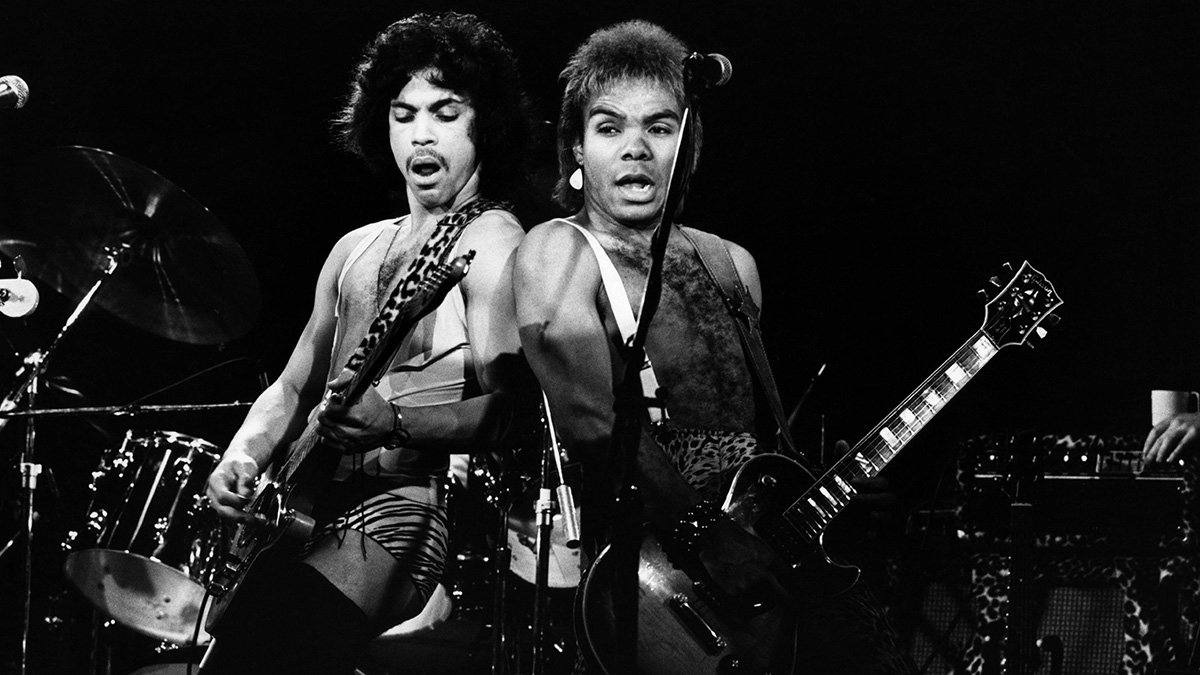Dream Theater's James LaBrie: my top 5 vocal heroes
Plus: DT frontman on The Astonishing’s vocal process
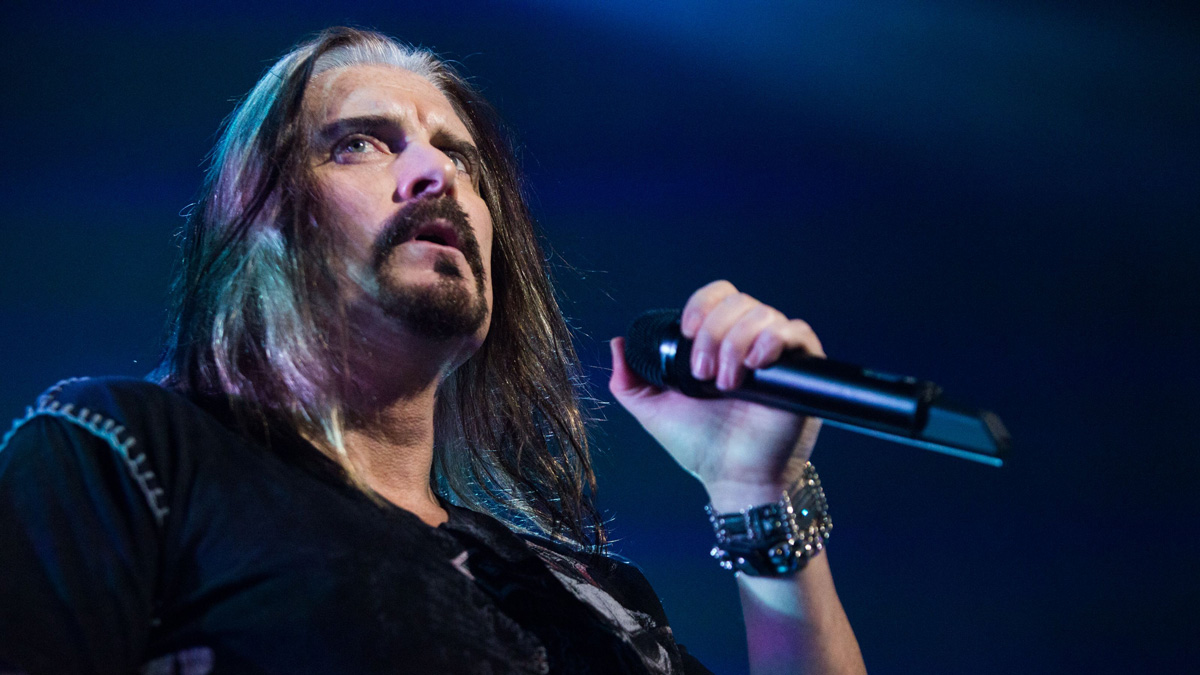
Embracing the challenge
Given that he's spent 27 years fronting a band of musical virtuosos of the highest calibre, James LaBrie knows a thing or two about the pressure of delivering a knock-out vocal.
But on Dream Theater’s 2016 album The Astonishing he really ramped up the challenge. The ambitious concept record featured multiple characters (male and female) and LaBrie made the gutsy decision to voice them all. As we sit down with the frontman ahead of a recent Dream Theater show, we suggest that this must have been a daunting task. LaBrie, it seems, instead took it in his stride.
“A lot of people think The Astonishing was very challenging vocally,” he says. “To me, it was exciting more than anything else. I knew when the music was coming out, John [Petrucci] and I sat down and asked if we should get female vocalists in to do a couple of the characters.
“I wasn’t sure and I went away and thought about it. I came back and said I thought it would limit us, as strange as that may sound to some who think we should have a female voice representing a female character.
"But I thought I would be closest to each and every one of these characters because I am immersed in the lyrics. Sometimes bringing in another vocalist, they might just touch on the surface of the character.”
Rather than bring in outside help, LaBrie went into the studio and put in a stunning, critically-lauded display, with real kill deployed to differentiate between the key voices of the album’s ever-so-slightly off-the-wall plot.
“I went into the studio with an idea of the textures I wanted to use and how to give each character their own identity vocally. I created the voices for each character and was able to bounce back and forth. It was very exciting. It was something unprecedented for me to do.
“It was very rewarding to see around the world that fans were appreciative of what I did. Of course, you always get a few people asking why you didn’t get another singer in but we didn’t want to and I thought I could do it justice. The Astonishing album would be an amazing project to go to theatre, I hope it does.”
Given that our chat with the Canadian frontman takes place an hour or so before the band is due to soundcheck we are intrigued to hear about the inner workings of LaBrie’s day. Just how does he go about preparing to deliver such a challenging three-hour live set each night?
“On a show day I do some low humming to begin with and then I do a lot of falsetto,” he explains. “Falsetto brings your vocal cords together smoothly and puts them in a proper position. It is imperative that I put that time aside every day.
It is extremely important to any singer to bring your vocal cords back into a speaking position. If you leave them in a singing position they will go into shock.
“When I go over to the venue before a show I will do half an hour of very light singing and warming up and then I walk away from it for a couple of hours. Then about 45 minutes before the show I will start doing some slow vocalising.”
And the work doesn’t end when the band walks off stage at 11PM…
“The important thing as well as at the end of the show I stay quiet for ten or 15 minutes and then I do a cool down. It is extremely important to any singer to bring your vocal cords back into a speaking position. If you leave them in a singing position they will go into shock. That’s when you start suffering from vocal fatigue. We are doing three-hour shows so I have to be careful of getting vocal fatigue all the time.”
After getting this glimpse into a typical day for the Dream Theater man we press him on the vocalists that he holds in the highest regard. And so here we present, James LaBrie’s top five vocal heroes.
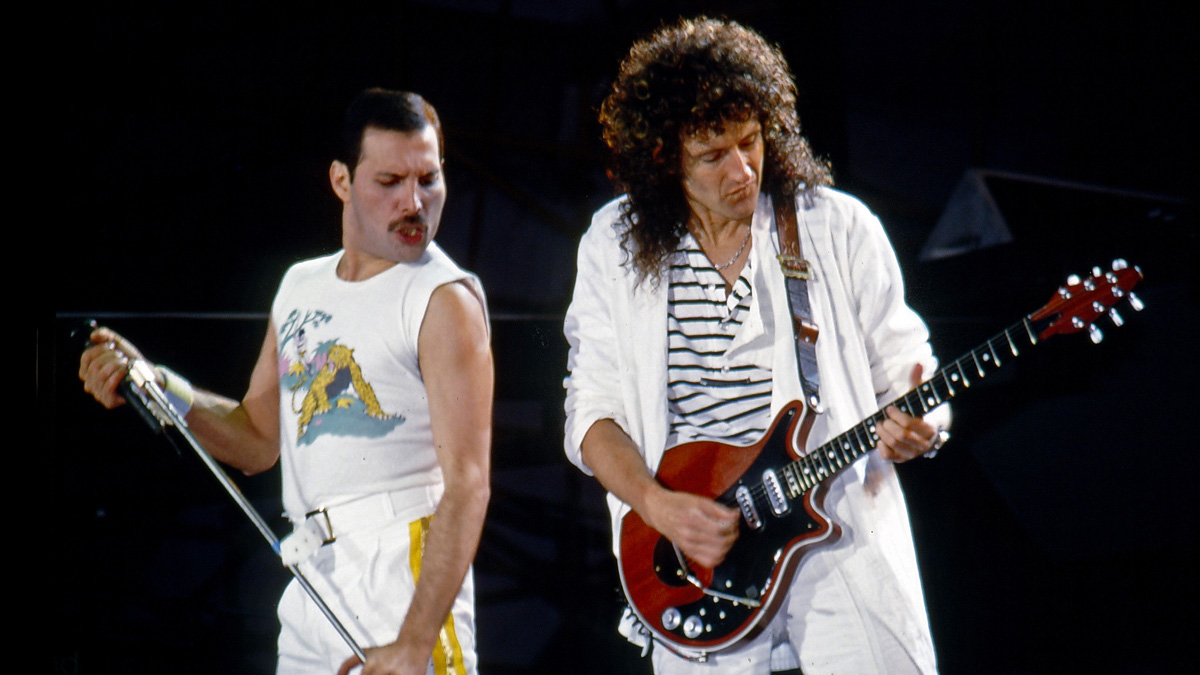
1. Freddie Mercury
“These are the guys that were really influential to me in my formative years. I just took to them and they really spoke to me in volumes.
“All of these guys that I loved have their own unique qualities and they all had something different that made me think differently about my own approach to singing.
“One of the most amazing things is that each and every one of these guys, if you look into what they were doing, they were always looking to reinvent themselves in terms of how they express themselves vocally. It wasn’t just about taking a song and just getting through it like a machine. Instead, it was about how they could be musically evocative and how they could change the colours of their voice.
Freddie Mercury is my all-time favourite vocalist and he is also my biggest influence.
“Depending on the song, these singers were always able to take the listener somewhere they could identify with. I have always considered that as a priority when I go into sing each and every song.
“It’s interesting, I’ll listen back to some song and go, ‘Maybe I should have been cleaner on that,’ or ‘Maybe I should have had more rasp or been more aggressive.’ That is what all artists do though, we reflect. Nine times out of ten I am happy with what I do.
“Freddie Mercury is my all-time favourite vocalist and he is also my biggest influence. Not only was he an incredible writer, a consummate frontman but his vocals were also unique and immediately identifiable.
“He used his vocals like no one that I have ever heard before. It was devastating to lose an artist as phenomenal as Freddie when he died.”
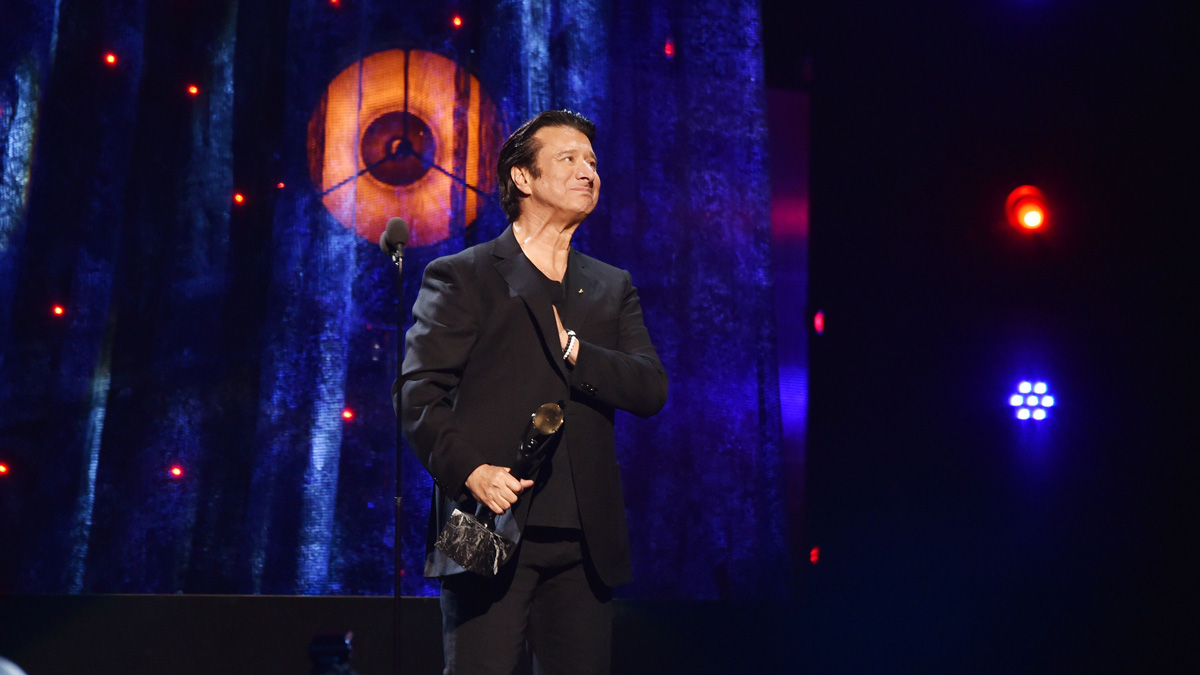
2. Steve Perry
“Steve Perry had an incredible voice. His sound, his tone, his range were all incredible and limitless. It was the way that he used his voice.
“When he first came into the band he had this beautiful tenor, light voice. As time went on and you got into Frontiers and Raised On Radio, those were probably the albums where his voice brought on an even more incredible colour because there was a little rasp in his voice and it sounded thicker.
“A song like Faithfully or Good Morning Girl or Suzanne, he had this grit to his voice. He was one of a kind, just like Freddie. I just saw Journey going into the Rock and Roll Hall of Fame and hearing Steve do his speech, even his talking voice is beautiful! No wonder he sounded like he did when he sang.
“I was disappointed that he didn’t get up and do a song with the band at the ceremony. That’s not taking anything from Arnel, he has done a fantastic job filling big shoes. Hey, look at Steve, now he’s not even going out there singing those songs although granted he’s now 68 years old!
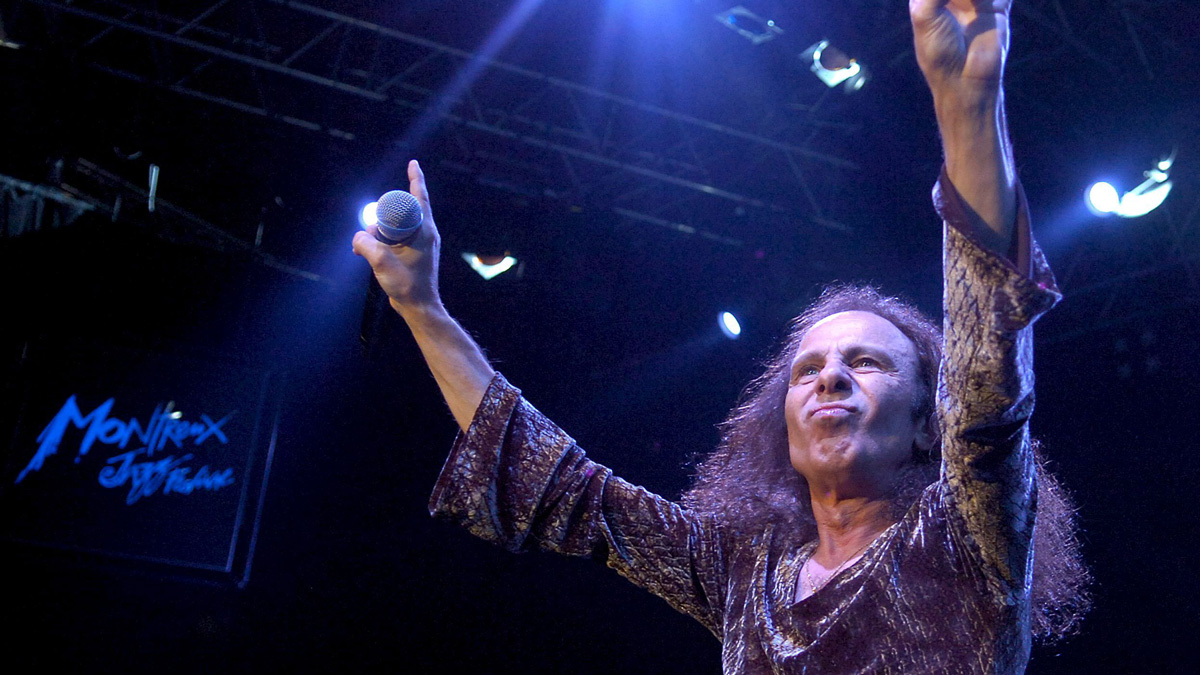
3. Ronnie James Dio
“I can go from Freddie to Steve Perry and each one of those guys created their own stage, vocally. It’s the same with Ronnie James Dio.
“Who the hell sang like Ronnie James Dio? No one did. There’s a lot of imitators out there and I’m not taking anything from them. If you can sound like Ronnie James Dio and sing like him that’s incredible, way to go.
Even six months before he died he was up there singing those songs.
“But for Ronnie, here’s a guy that could sing clean in the tenor and soprano tones almost and then he could knock you through the wall with this powerful, gritty voice but he was so musical.
“When I heard him I thought, ‘What the hell? This guy is phenomenal.’ Dream Theater did shows with Heaven and Hell and Ronnie was on the ball each and every night. Even six months before he died he was up there singing those songs.”
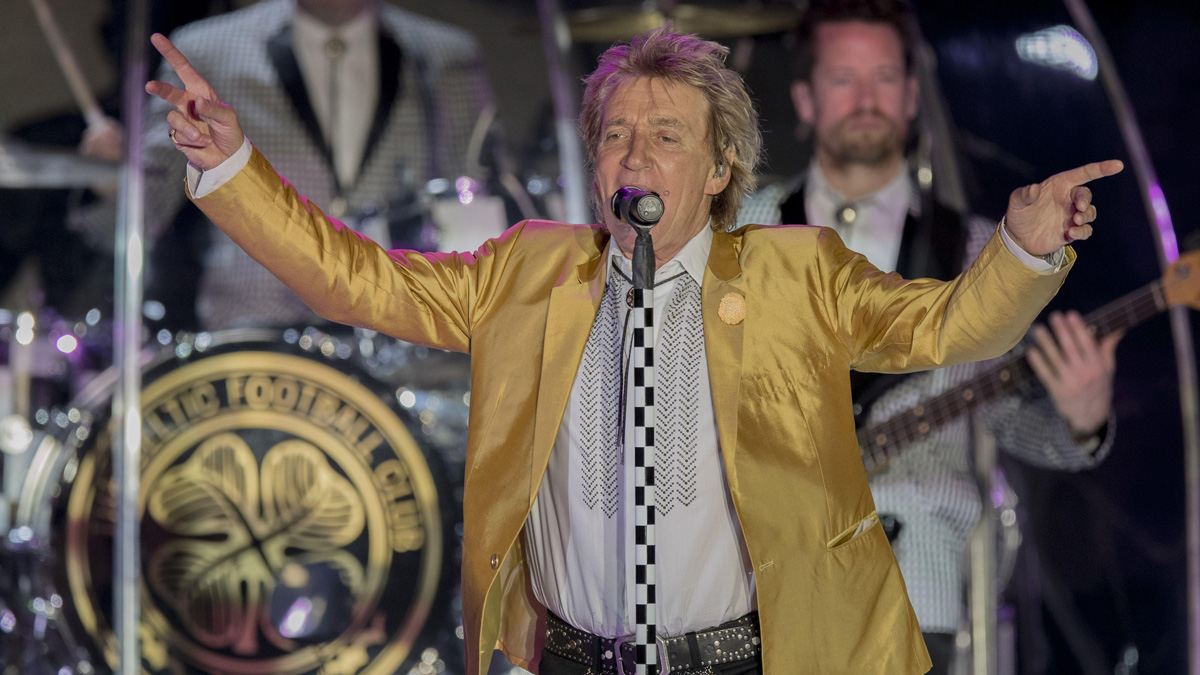
4. Rod Stewart
“He had a rasp to his voice but also this high, feminine quality to his voice. Nobody sings like Rod Stewart, nobody.
“As soon as he sings three words you go, ‘There he is, there’s Rod Stewart.’ He has a phenomenal voice whether he was in The Faces or doing his solo projects. I remember hearing him for the first time and he was singing, ‘Wake up Maggie…’ and I remember thinking, ‘Wow, who the hell is this?’
“His voice just grabs you and is so unique and musical. That’s what I look for in singers.”
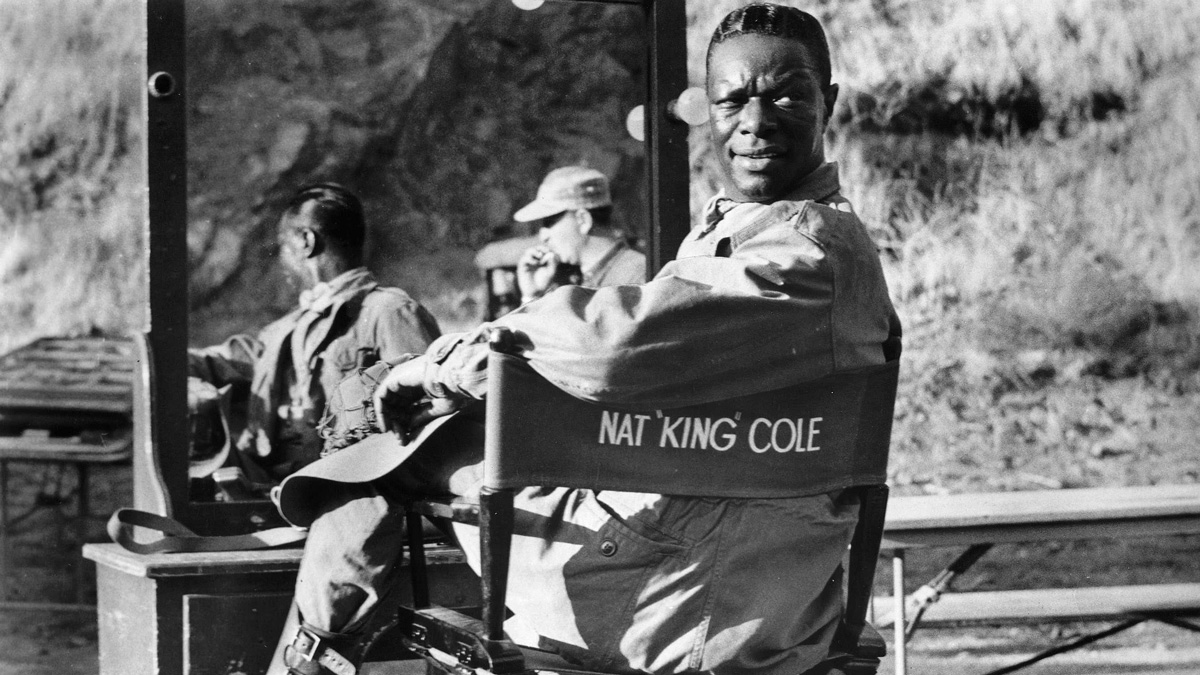
5. Nat King Cole
“Again, nobody out there can sound like Nat King Cole. He has this velvet-y, silky voice, this baritone bass voice. Nobody has ever sung like him.
“You can cover Nat King Cole until the end of time and no one will ever sound like that. I don’t care who you are. That stands for all of the singers that I have mention here.
“You can come pretty damn close and do an amazing job sounding like these guys, but you can’t replace them, you just can’t.”

Rich is a teacher, one time Rhythm staff writer and experienced freelance journalist who has interviewed countless revered musicians, engineers, producers and stars for the our world-leading music making portfolio, including such titles as Rhythm, Total Guitar, Guitarist, Guitar World, and MusicRadar. His victims include such luminaries as Ice T, Mark Guilani and Jamie Oliver (the drumming one).
“They didn’t like his bikini underwear”: Prince’s support sets for the The Rolling Stones in 1981 are remembered as disastrous, but guitarist Dez Dickerson says that the the crowd reaction wasn’t as bad as people think
“We are so unencumbered and unbothered by these externally imposed rules or other people’s ideas for what music should be”: Blood Incantation on the making of Absolute Elsewhere and how “Data from Star Trek” saved the album – and the studio
“They didn’t like his bikini underwear”: Prince’s support sets for the The Rolling Stones in 1981 are remembered as disastrous, but guitarist Dez Dickerson says that the the crowd reaction wasn’t as bad as people think
“We are so unencumbered and unbothered by these externally imposed rules or other people’s ideas for what music should be”: Blood Incantation on the making of Absolute Elsewhere and how “Data from Star Trek” saved the album – and the studio
